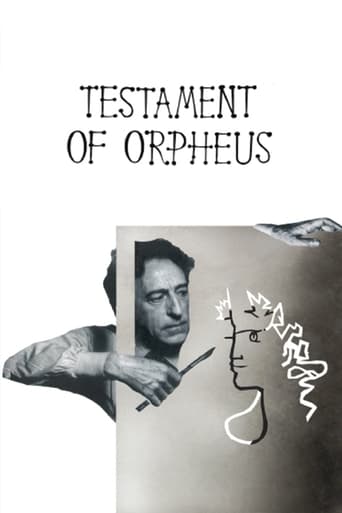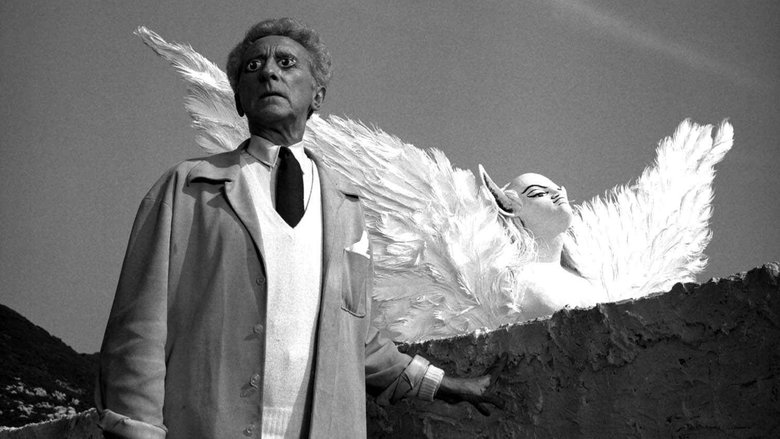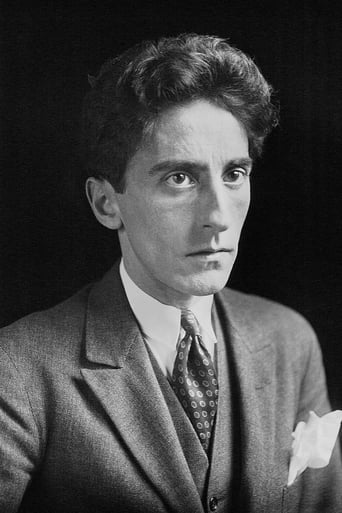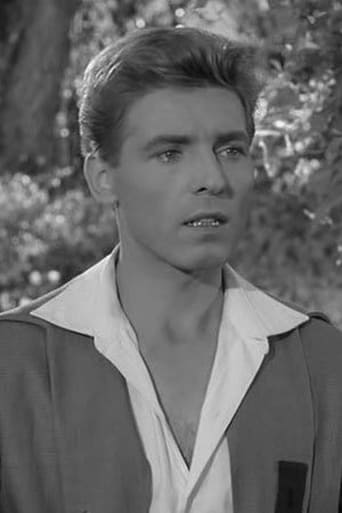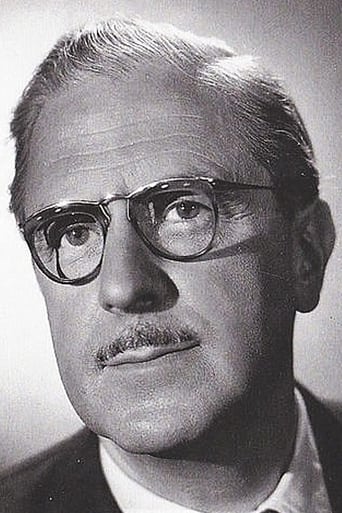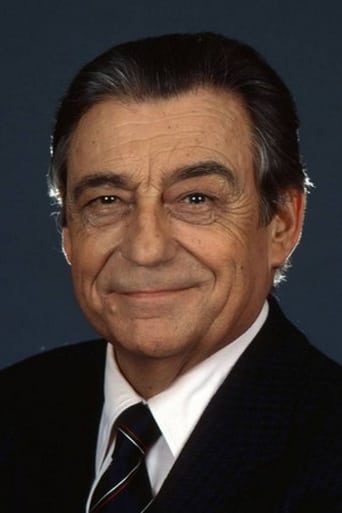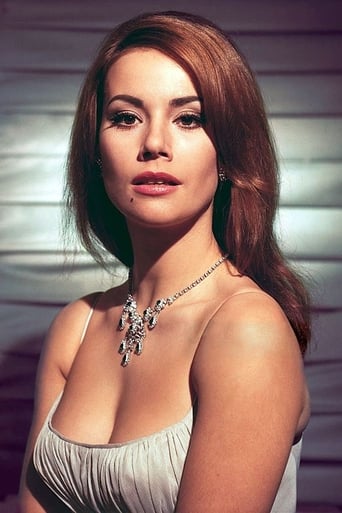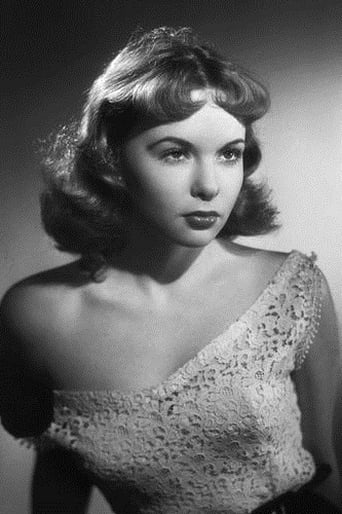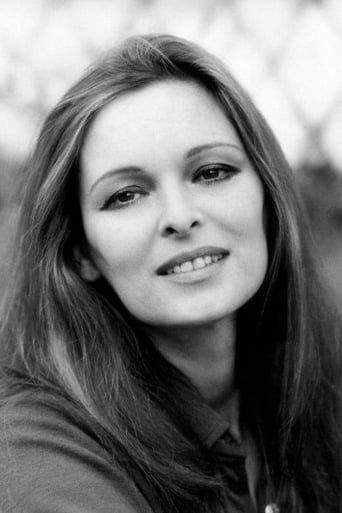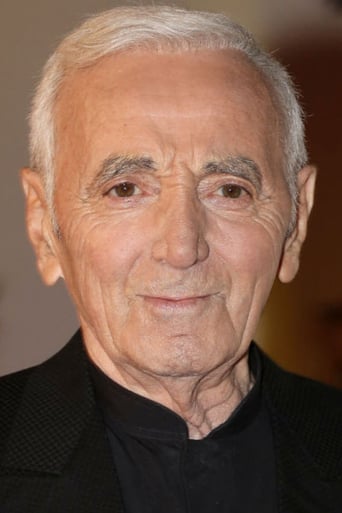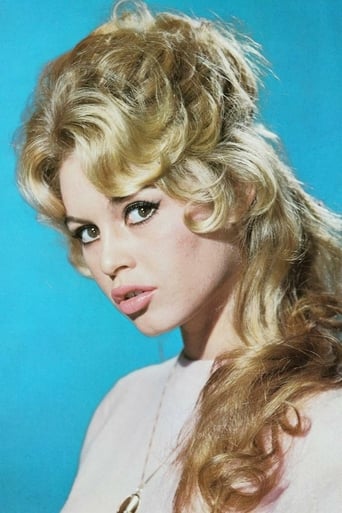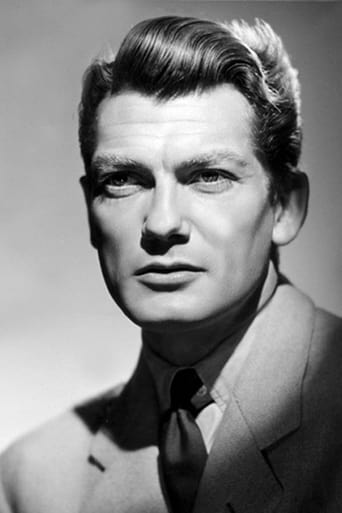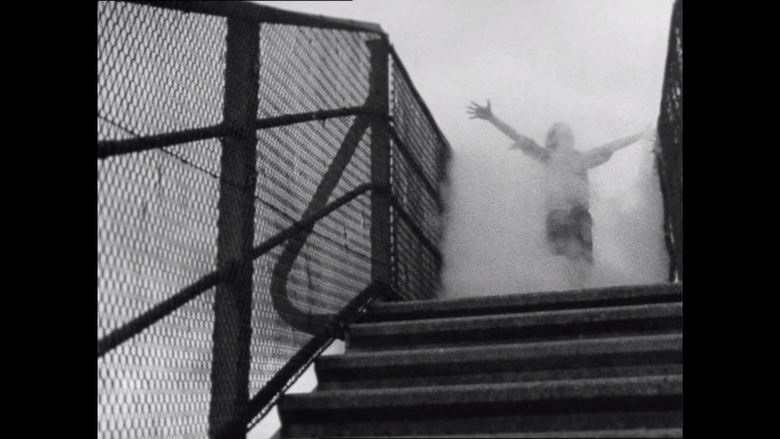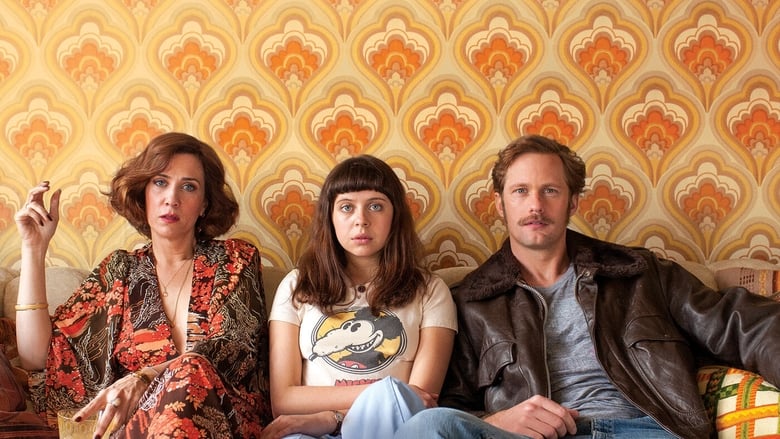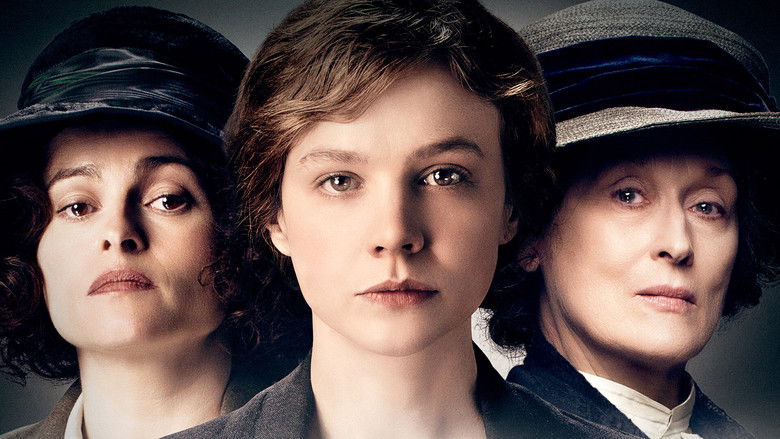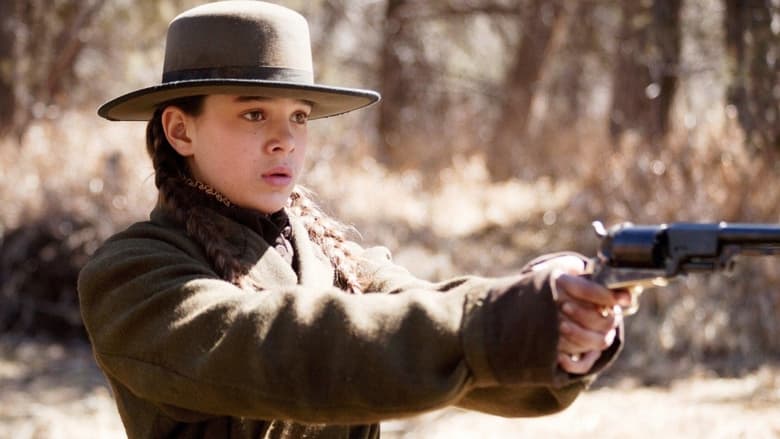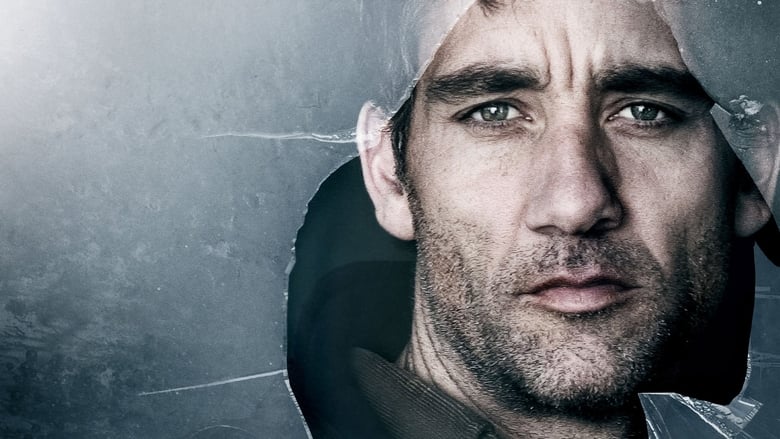Outside time and reality, the experiences of a poet. The judgement of the young poet by Heurtebise and the Princess, the Gypsies, the palace of Pallas Athena, the spear of the Goddess which pierces the poet's heart, the temptation of the Sphinx, the flight of Oedipus and the final Assumption. This film is the third part of Cocteau's Orphic Trilogy, which consists of The Blood of a Poet (1930), Orpheus (1950) and Testament of Orpheus (1960).


Similar titles
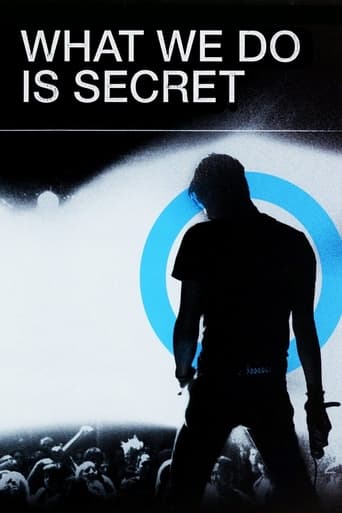
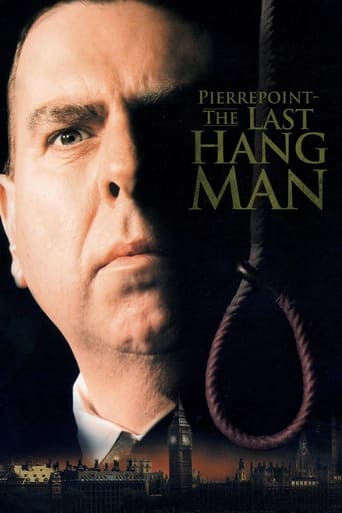
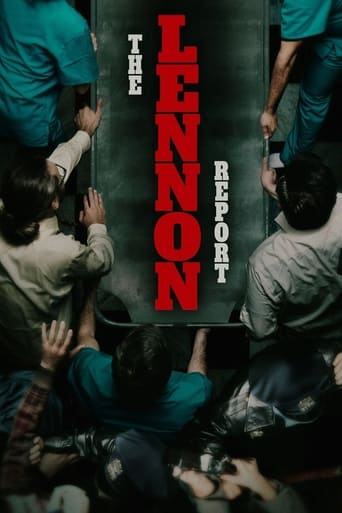
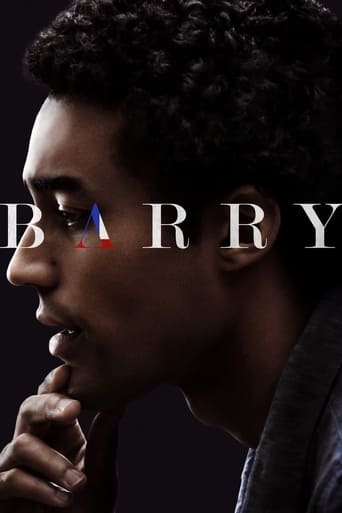
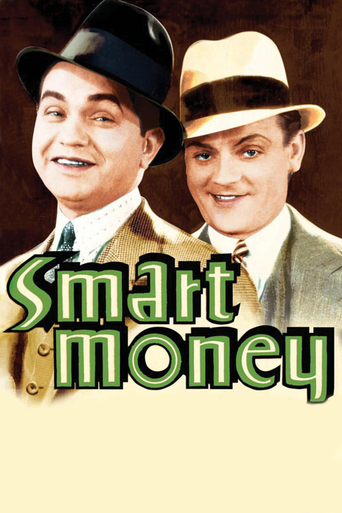
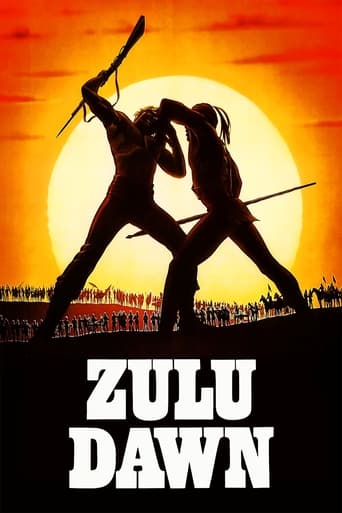
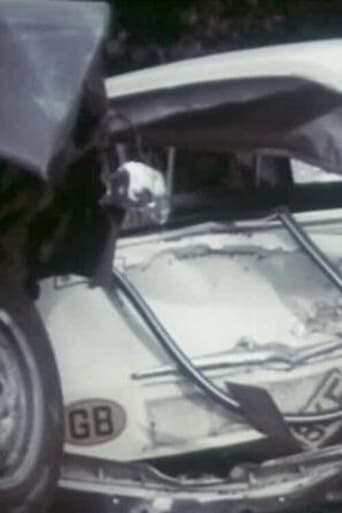
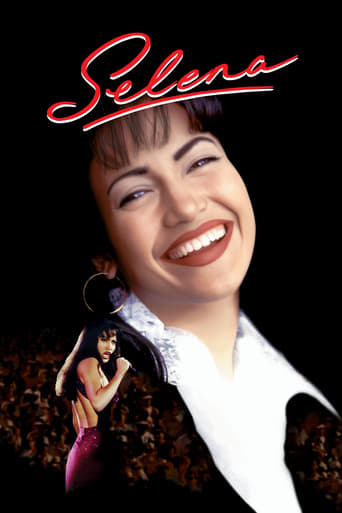
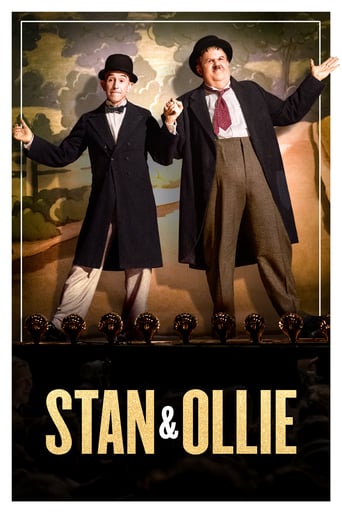
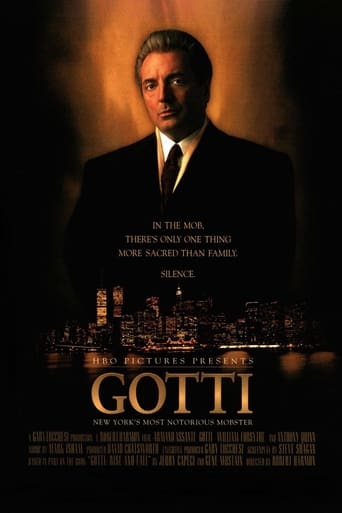
Reviews
One can view this movie, and find themselves asking themselves by the end, what did they watch? The movie has very confusing that tossed all logic out of the window. One might think it's a continue story of Orpheus (1950) with the opening scenes, but the series of symbolic encounters and surreal images more resembles The Blood of a Poet (1930). This movie might be considered the final part of the Orphic Trilogy, but it's just a film that is a petrified fountain of thought, in my opinion. In his last film, legendary poet/film maker Jean Cocteau portrays an 18th century poet who travels through time on a quest for divine wisdom while seeing his past work come back alive due to his inspirations and obsessions with them. Cocteau's persona is unstuck in time, and materializes in and out to episodically interact with various characters such as two judges who essentially put Cocteau's life on trial, some mimes dressed like horses, a camp of gypsies and a professor who apparently enabled this time travel through inventing a bullet which flies faster than light. In the opening narration, Cocteau alternatingly calls the movie "a striptease show where I take off my body to reveal my soul" and "a poet's legacy to the youth which has always supported him." Testament of Orpheus brings full circle the journey Cocteau began in The Blood of a Poet, an exploration of the torturous relationship between the artist and his creations. In a mysterious wasteland, he meets several symbolic phantoms that bring about his death and resurrection. In the end, the film is mostly a tribute to himself and him looking back at his work before accepting his death. Too bad, the movie doesn't truly show that. Instead, the audience gets an phantasmagorical whirl of imagery, tragedy and an enormous, transcendent sense of wonder. The movie works as an art surreal film, as the movie goes from one dream sequence to another. The film use great work of imagery. Mirrors, horses, flowers, tapestries, are used to represent Cocteau's past. His special effects and camera tricks are always a highlight of his work, as he sees slow motion walk scenes, and selective color. My favorite is the backwards-motion. A great example of this is how the punctured, smoke-filled balloon reassembles or a burned photograph is restored. Others are an erased blackboard sketch reappears. A draped sheet flies upward. Cegeste jumps out of the ocean, perfectly groomed. And the lengthiest example is the meticulous repair of a torn-up hibiscus flower. Check them out, it's probably the best high lights of the film. The film was shot on location at Les Baux in the South of France and it's beautiful. The movie also host a few famous cameos such as Pablo Picasso, Jean-Pierre Leáud, Jean Marais and Yul Brynner. The music is charming. Most of the film is Handel. Concerto in A minor, Op.6. While it's the best of the trio, it's nowhere near a good film. It's a bit pretentious, stiffly acted and cinematically dated. His lack of writing skills can be seen in this undeniably dreadful screenplay, loaded with the most clichéd statements about poetry and art, and the most trite and incongruous imagery imaginable. The scenes with a man walking about with a fake horses head might be a bit silly today. By contrast, Cocteau's symbolism is so heavy-handed, so obvious, and so manifold that they have little real-world referents so they can be hardly understood by the average viewer. The scene with the faster than light bullets is weird science, Cocteau brings them into the past so the professor can shoot him, thus sending him back in time. How all that works is left unexplained. In a way, the movie is full of mixed imagery that rarely makes any sense to anybody, but Cocteau himself. In the end, Cocteau, the poet movie maker, nobody has reached higher doing poetry with images. Nobody. Rather than being a complete ego trip, it is closer to what Fellini did in "8 1/2", a similar work of genius, where the soul is searched, a document is made with all the art and craft the director can bring, and doesn't matter if the audience get it or not. Once Cocteau vanishes for the last time, the film ends. "If you didn't like it, I'm sorry," he humbly adds. Check it out if you're a huge Cocteau fan, if not, research more about him before watching this film.
I've never been impressed by Cocteau's films but I give him credit for having the energy to put his personal takes on myth and symbolism on film. Unfortunately, one really needs to be steeped in the various characters of Greek Myth to appreciate this one. The imagery is quite imaginative and the situations are sometimes funny but the whole never comes together. It's just one pointless existential tableau after another, which may be Cocteau's aim but it fails as substantial entertainment. The various contemporary celebrities that have cameos do little and add little to the film. I can really only recommend this film to those who want to learn about Cocteau's film style or those who like to see the Classic Greek myths used in a mid-20th century film medium. Otherwise, it's a jumble of confusing dialogue and imagery to be taken not so seriously.
There are nice ideas in this final film by Cocteau. It's a pity he made it in 1959: there had already been Bunuel's l'Age d'or (1930) and Un chien andalou (1929), Bergman's Wild Strawberries (1957) and The Seventh Seal (1957) that are all brilliant. Not to mention Cocteau's own Sang d'un poete (1930!), in which the relatively simple technical ideas of Testament d'Orphee were already worked out and even better too. Cocteau utilizes terribly slow motion and awkward backwards play. Where Orpheus was ambitious, this is mere pretentious. The acting is mediocre, despite the interesting cast (Cocteau, Brynner, Picasso). Testament is less thought provoking and less surprising than what I hoped for, but nevertheless worth a try. Perhaps I wasn't in the mood for conversations about eloquence and poetry at the time. Still it is at least as interesting as Orson Welles' F for Fake (1975) in which Cocteau also appeared so prominently.7/10
Jean Cocteau's final filmic flight of fantasy is very special indeed.Adopting the guise of a poet 'unstuck in time', Cocteau ranges over his life in the world of poetry. It's a phantasmorgorical whirl of imagery, with plenty of humour, pathos and an enormous, transcendent sense of wonder. There's also a trial sequence where the characters from his earlier success 'Orphee' try him for bringing them into existence !Some of Cocteau famous friends feature in brief cameos. Look out for Picasso and Bardot.You don't have to be a Cocteau fan to enjoy this movie. All you need is an interest in the nature of creativity and an enjoyment of poetry, symbolic art, and the wonderfully cinematic music of Georges Auric, who scored all Cocteau's major films.
